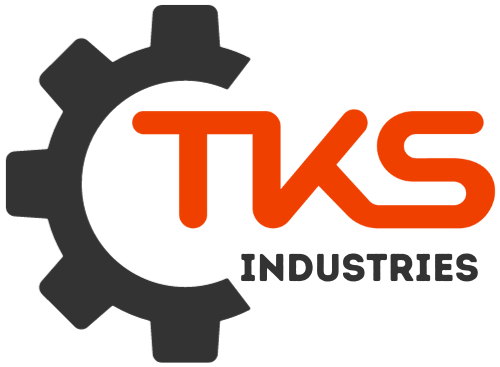[ad_1]
The Ultimate Guide to Machine Industries: Empowering Modern Manufacturing
The hum of machinery, the intricate dance of robotic arms, the precision of cutting-edge technology – these are the hallmarks of the machine industries, a cornerstone of modern manufacturing and a driving force behind global progress. This ultimate guide delves into the heart of this dynamic sector, exploring its diverse fields, key players, and the transformative trends shaping its future.
Unveiling the Landscape: A Multifaceted World
Machine industries encompass a vast array of interconnected sectors, each possessing unique characteristics and contributing to the larger manufacturing ecosystem:
- Industrial Automation: Robotics, CNC machining, and automation software are revolutionizing production lines, boosting efficiency, and minimizing human error.
- Precision Machinery: Specialized machines like lathes, milling machines, and grinding equipment drive the creation of highly accurate components in aerospace, medical, and automotive industries.
- Metalworking: Forging, casting, welding, and stamping techniques transform raw materials into intricate metal parts, essential for everything from construction to consumer electronics.
- Packaging & Food Processing: Machines design and manufacture equipment for food processing, packaging, and distribution, ensuring safe and efficient food handling.
- Textile & Apparel: Sewing machines, looms, and specialized knitting equipment drive the production of fabrics and garment, contributing to the fashion and apparel industry.
Key Players: Shaping the Industry Landscape
The machine industries are home to a diverse range of companies, from multinational giants to specialized startups:
- OEMs (Original Equipment Manufacturers): Companies like Siemens, Fanuc, and ABB design, develop, and manufacture the core machinery and automation solutions used across industries.
- Component Suppliers: A vast network of companies provide specialized parts and materials, ensuring the smooth functioning of complex machines.
- System Integrators: These companies bridge the gap between OEMs and end-users, customizing automation solutions to meet specific manufacturing needs.
Riding the Wave of Transformation: Future Trends
The machine industries are constantly evolving, driven by technological advancements and shifting market demands:
- The Rise of Industry 4.0: Advanced connectivity, data analytics, and AI are transforming manufacturing processes, leading to smarter, more connected machines.
- Sustainable Manufacturing: Sustainability is a growing focus, with companies adopting eco-friendly manufacturing practices and designing machines with energy efficiency in mind.
- Customization & Personalization: 3D printing and other additive manufacturing technologies are enabling on-demand production of customized parts, catering to niche markets.
Conclusion: A Resilient and Dynamic Force
The machine industries play a pivotal role in shaping our world, empowering industries, and driving economic growth. As technology continues to advance and market demands evolve, this sector will continue to innovate and adapt, ensuring its enduring relevance in the years to come. Understanding the complexities and opportunities within this dynamic landscape is essential for anyone looking to ride the wave of progress and contribute to a future powered by innovation.
[ad_2]
